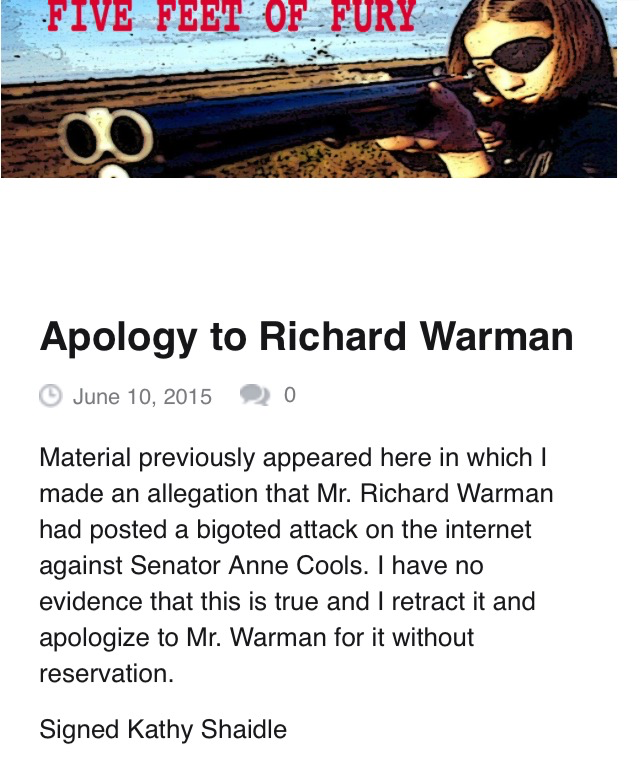It happens so often, you can almost set your watch by it.
Someone in Ottawa has a press conference, or asks a question in the House of Commons, or responds to an important bit of news. And, too often, they demand an inquiry or a royal commission or some sort of a judicial probe into malfeasance and misfeasance. Happens all the time.
It happened again, last week, when the Truth and Reconciliation Commission released a well-considered report about the abomination that was Canada’s residential school system. The report — which was only a summary, and a precursor to a six-volume release that will come later — offered up nearly 100 recommendations. One of them was an inquiry into the hundreds of cases of murdered and missing aboriginal women.
The demand for an inquiry was well-intentioned. In Canada, an extraordinary number of indigenous women have simply disappeared, or have been killed, and it keeps happening. No one seems to know what to do about it.
Thus, the commission’s demand that there be an inquiry. It sounded like a not-unreasonable request. Should we do it?
We shouldn’t, for these three reasons.
First, the murders and disappearances of these women are crimes. They deserve to be investigated as such. Police agencies, in every region of this country, should be given the resources — and the motivation — to investigate and aggressively prosecute every one of those crimes. That is what we do, generally, when the victim is white.
Those women — those victims — deserve justice, in the form of the successful prosecution of the men who did them harm. Justice is not obtained with the release of a report by a retired judge who has the power only to issue reports.
Second, judicial inquiries and commissions have a tendency to interfere with the work the police do. They either delay investigations and prosecutions, or they trample on the constitutional rights of individuals.
That is what happened with the Gomery Commission, where the self-described “Westmount hobby farmer” wildly exceeded his mandate and his budget — and seemed to be much more interested in flattering newspaper profiles than in obtaining the truth.
In the end, after the expenditure of $200-million on the Gomery farce, the reputations of many innocent political people had been muddied. But then the Federal Court of Canada overturned many of Gomery’s judicial smears of prominent Liberals, for showing bias or lack of procedural fairness.
Even now, so many years later, not a single elected person — not one — has ever been sent to jail in the sponsorship mess. Just some ad men, and a bureaucrat. Did Gomery’s preening turn before the cameras make it more difficult for the police to do their job? It seems likely.
So, last Fall, when there were again calls for an inquiry into missing and murdered aboriginal women, the head of the Canadian Association of Chiefs of Police, Clive Weighill, suggested such an inquiry could prevent justice, not assist it. Interviewed during the organization’s annual meeting, Weighill said the Chiefs would not support such a MMAW inquiry. A national inquiry may “shed some light,” he said.
But the Chiefs were opposed to an inquiry because it could impede police investigations and “delay action.”
The concern about constitutional rights isn’t imaginary — the issue has been decided in the highest court in the land, too.
In 1990, the Supreme Court of Canada terminated Ontario’s Patti Starr inquiry, after lawyers argued it was trampling on the rights of the individuals.
The court said that inquiry had become a “substitute police investigation” — and it had therefore violated the Constitution.
Ruled the high court: “The inquiry process cannot be used to circumvent the federally prescribed criminal procedure. It is coercive and quite incompatible with our notion of justice in the investigation of a particular crime and the determination of actual or probable criminal or civil responsibility.”
Third: it’s true that the job of opposition politicians is to oppose. Apart from demanding ministerial resignations, all that is often available to them is the demand for a judicial inquiry.
But they do it too much. They do it too often. It therefore engenders cynicism, and — on those occasions when their wishes are granted — it further denudes the faith of citizens in democratic institutions. They accordingly vote less, and they turn away when important things are happening — such as the astonishing number of aboriginal women who are being murdered or disappeared in this country.
Ask yourself: does the grieving family of any of those women — or, in fact, any loved one in the case of any violent crime — feel that justice is served by a report, unread, and gathering dust on a shelf at the National Archives?
There are instances, of course, where such commissions do some good. That was the case in South Africa, after the collapse of apartheid. That was the case with the McDonald Commission, investigating wrongdoing by the RCMP.
But those are the exceptions. Most of the time, inquiries and commissions serve only to persuade the politicians that they have done something. When, in fact, they haven’t. They have only enriched some lawyers, and left citizens feeling even more powerless than they were before.
I am the father of an aboriginal girl. I do not want to ever contemplate that harm could befall her, or her friends.
But if it did, I would want a thorough police investigation, and a successful prosecution of the man who did wrong.
Not a forgotten report, gathering dust somewhere, and a politician feeling — falsely — that he has actually done something good.
news@hilltimes.com
Comments (16)





